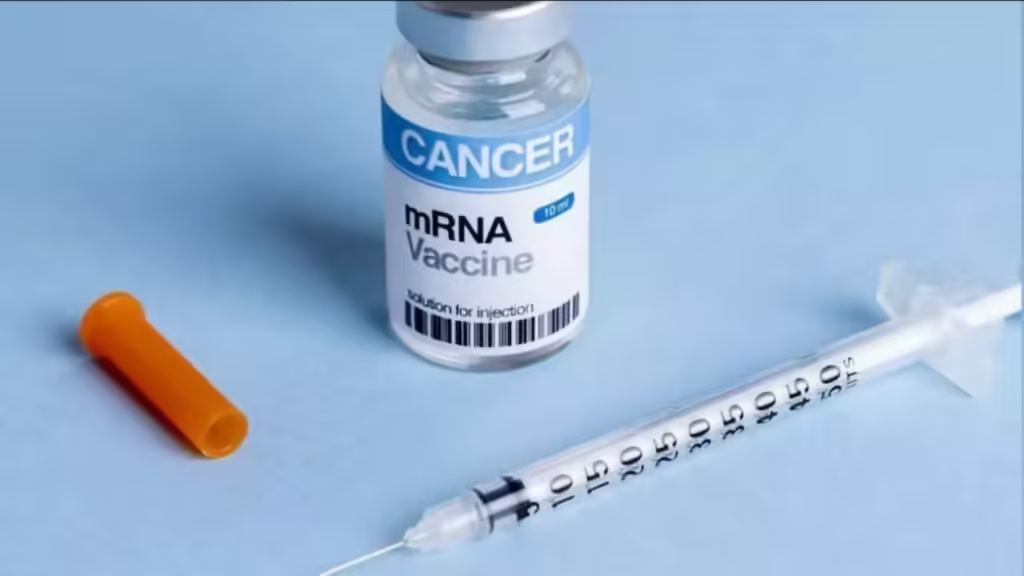In a move that has drawn both excitement and skepticism, Russian health officials this week announced what they described as the world’s first effective cancer vaccine. The treatment, called Enteromix, is built on mRNA technology and has reportedly shown striking results in early trials.
A Bold Claim in the Fight Against Cancer
At the Eastern Economic Forum in Vladivostok, Veronika Skvortsova, head of Russia’s Federal Medical and Biological Agency, said the vaccine had achieved 100 percent efficacy in initial human trials. The vaccine, she explained, is designed to train the immune system to recognize and attack tumors, beginning with colorectal cancer and later expanding to forms such as glioblastoma and melanoma.
Russian researchers reported that in preclinical studies, the vaccine produced tumor shrinkage of up to 80 percent in animals. Early Phase I human trials, involving fewer than 50 participants, indicated the vaccine was safe and triggered a strong immune response.
Promise of Personalized Medicine
Unlike traditional vaccines, Enteromix is tailored to each patient. Doctors analyze the genetic signature of a tumor, then craft an mRNA sequence that instructs the body to identify those cancer cells as targets. The approach mirrors the rapid advances seen during the Covid-19 pandemic, when mRNA vaccines first entered mass use.
Such therapies are widely seen as the future of oncology, offering a potential shift toward precision medicine where treatment is not only disease-specific but patient-specific.
Experts Warn Against Premature Conclusions
Outside Russia, scientists greeted the news with measured restraint. “A Phase I trial can tell us if a treatment is safe, but not if it truly works against cancer,” said Dr. Dhiren Bhatia, a former World Health Organization adviser. Others noted that the claim of complete efficacy is unusual at such an early stage, and no peer-reviewed data has yet been published.
The global race for a cancer vaccine is well underway, with companies like BioNTech in Germany and Moderna in the United States running advanced clinical trials of similar therapies. Russia’s announcement places it in that race, but how it will stand against rigorous international standards remains unclear.
Between Hope and Headlines
For patients and families facing cancer, the promise of a vaccine is powerful. But history has shown that bold claims often falter under scientific scrutiny. Until larger studies confirm its effectiveness, Enteromix remains more of a possibility than a proven cure.
As one oncologist noted, “Science advances through data, not declarations.”


